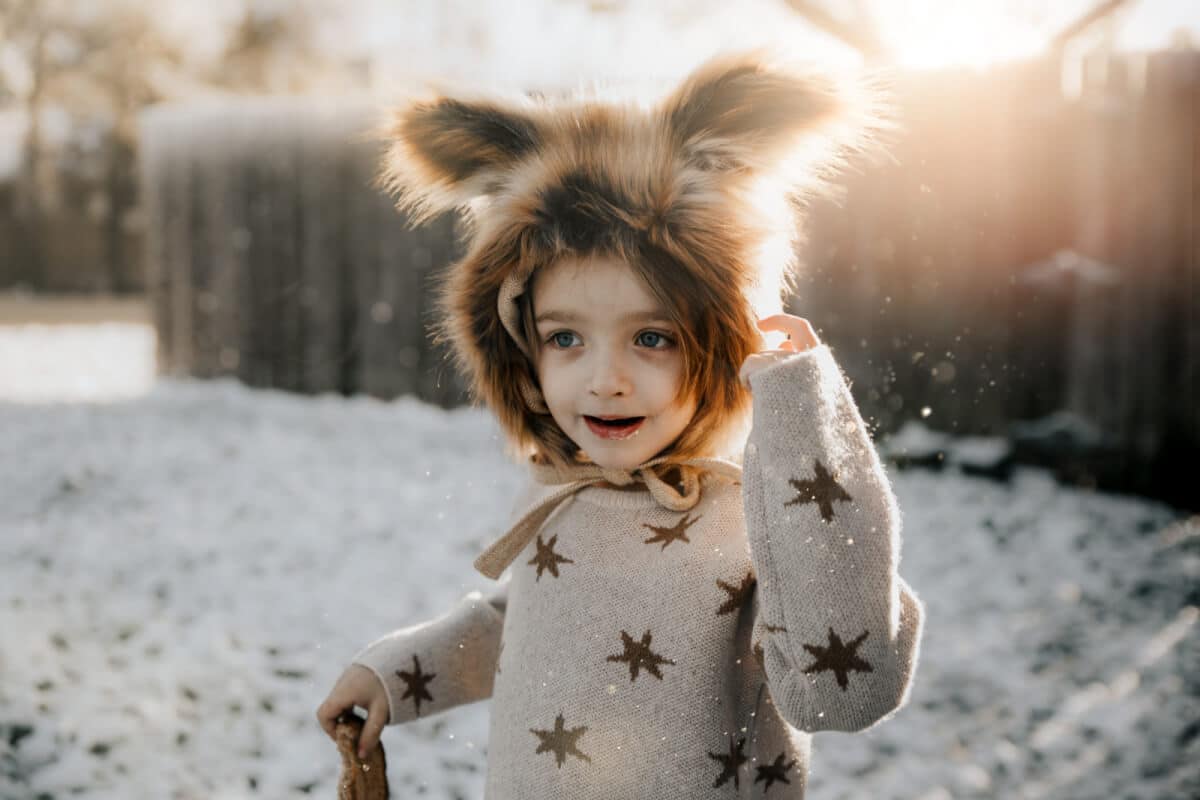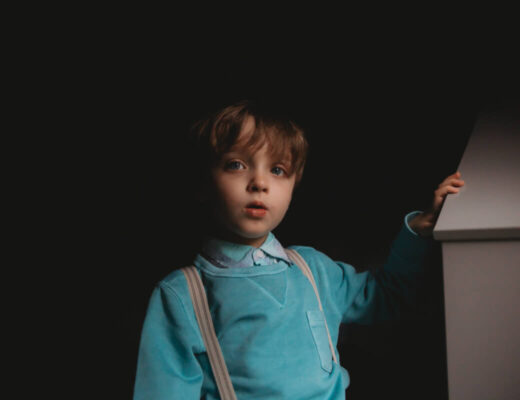I know that I’m my own worst enemy
This post goes against my instincts, but on my list of 89,512 resolutions is the desire to enjoy the present moment without worrying about what the future might take away from me. So here I am telling myself that it’s okay to feel happy. I’m trying to convince my scared ass that it’s okay to experience joy. I’ve been waiting for the day Charlie would start talking for years. And now that it’s finally here, I’m still holding back on my feelings. I worry that this great event will be balanced by something bad. I’m my own worst enemy.
I think this is it
Here’s the thing – despite my logical side telling me to be cautious with my joy, I have a feeling that this it it. It’s not the first time that Charlie has started making vocalizations but this time feels different. I can’t really explain it. His sounds are more intentional and more consistent. Not only that but Charlie’s gaining new word approximations every day. He doesn’t really use these words independently yet but he tries SO HARD to repeat sounds when you ask him to. I’m just amazed.
Even better, Charlie can also do a few intraverbal fill-ins. If you’re not familiar with the term, an intraverbal fill-in is a verbal response to the words of others with no visual cue. For instance, his ABA therapist will say “one, two…” and Charlie says “three”. Same with “ready, set…” and “go”, and “A, B…” and “C”. Keep in mind that these are brand new targets that Charlie has only been working on for a few days but he’s getting them already!
Even though to an outside observer these accomplishments may seem very slight and like something a 2-year-old should be able to do, intraverbal fill-ins are a really hard thing to teach so this is another huge accomplishment.
I really hope Charlie’s words keep flowing. We’re all so excited about his progress and I have a feeling that this time, this is it.

What is nonverbal autism?
On to a funny note, a couple of weeks ago when Charlie started repeating sounds, I posted a video of him repeating “daddy”. I received a private message from someone saying, “I thought he was nonverbal…”. I found this hilarious and sad at the same time. That got me thinking, though, and I discovered that there’s no definition for nonverbal autism. When is a child considered verbal? After he can use a couple of words functionally? No, that doesn’t seem right. Charlie can repeat words but he can’t use words independently and he’s far, far, far from being able to have a conversation. He can barely use his word approximations in context.
I found this useful information here.
- Some people with nonverbal autism do develop the ability to use a few words in a meaningful manner but are unable to carry on any kind of significant conversation. For example, they may say “car” to mean “let’s go for a ride,” but would not be able to answer the question “where should we go?”
- Some “nonverbal” people have the ability to speak but lack the ability to use language in a meaningful way. These individuals may “echo” scripts from television or expressions they’ve been taught by therapists. Instead of using these scripts to communicate ideas or desires, however, they seem to use “scripting” as a form of self-calming stimulation.





1 Comment
Ashley
2018-01-21 at 2:25 AMI recently saw a Ted Talk about using brain scans to correctly diagnose disorders that mimic autism (in children previously diagnosed with autism). I was not aware that other disorders can present the same behavioral signs as autism, and these can’t be diagnosed with only behavioral analysis. This might be of interest to you or others in the autism community: https://www.ted.com/talks/aditi_shankardass_a_second_opinion_on_learning_disorders